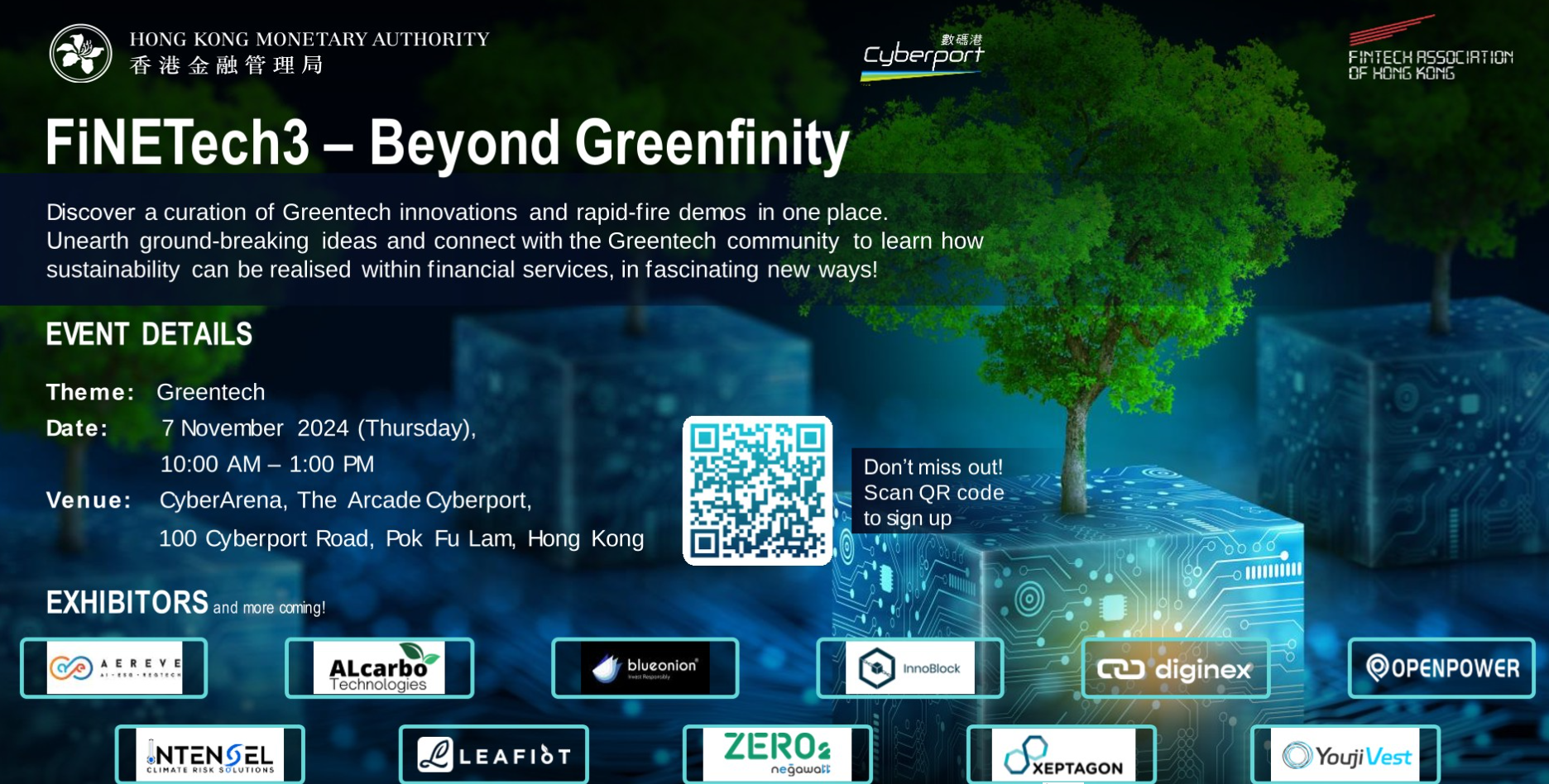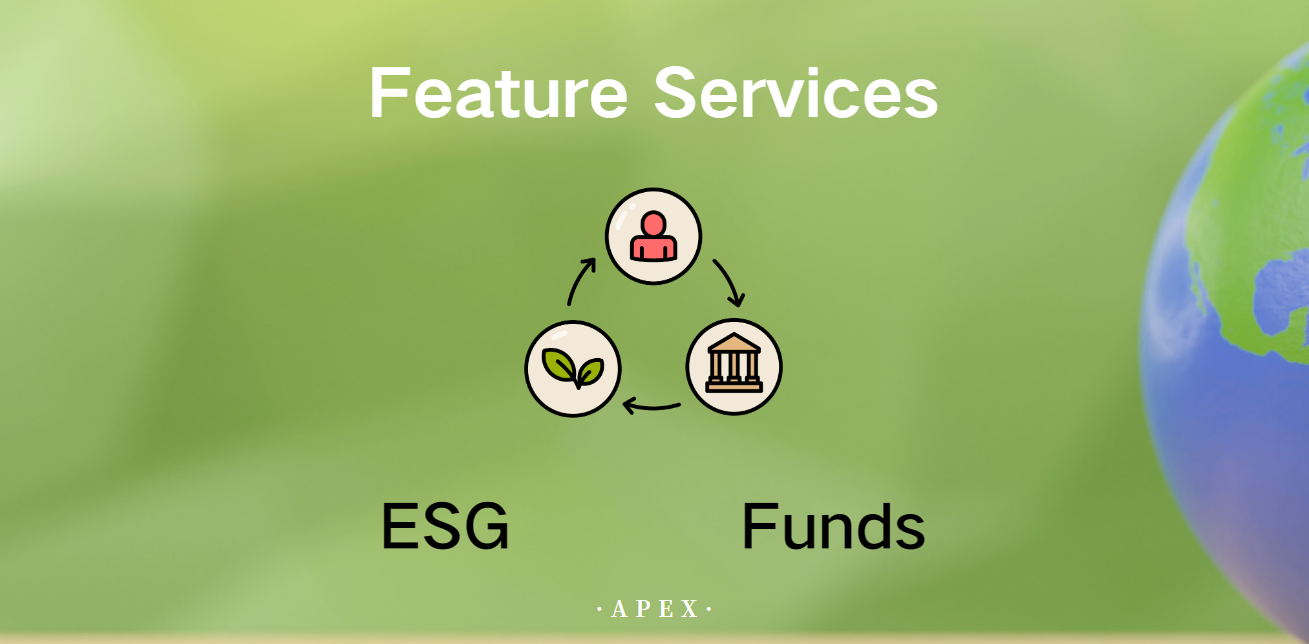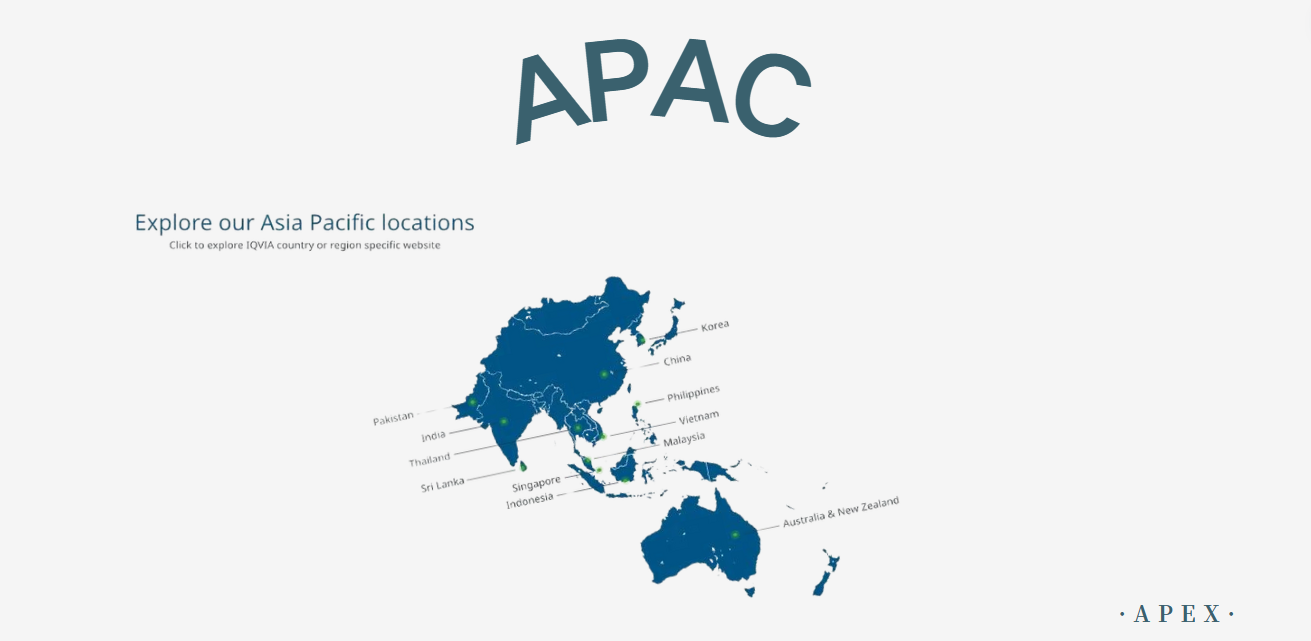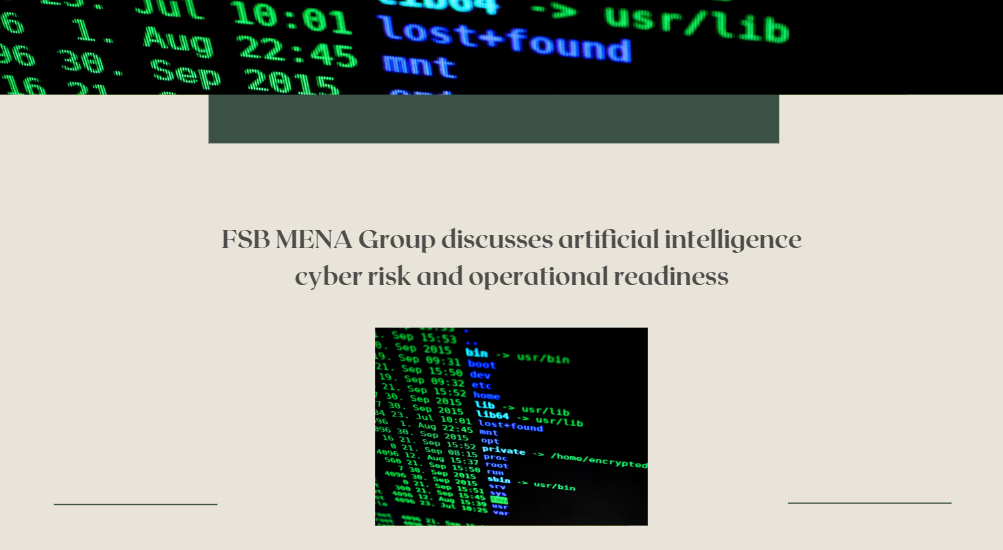From Seed to Scale: How Fintech Can Accelerate the Transition to a Greener Economy
1.Good morning, everyone. Welcome to the third FiNETech – “Beyond Greenfinity”, where Fintech meets sustainability.
2.We are reminded constantly that the health of our planet is inextricably linked to the health of our economies. The increasing frequency of climate-related disasters, which take a heavy toll on the global economy, underscores the importance of transitioning to a green economy that can ensure sustainable economic benefits.
3.To navigate this transition, the banking sector plays a vital role in supporting a more sustainability-focused financial system. A crucial step towards this goal is for all banks to strive to achieve net zero in their own operations by 2030, and in their financed emissions by 2050. The question is: are we ready for the opportunities and challenges to develop a financial system that is not only resilient but also sustainable?
4.The answer lies in planting the right seeds of sustainability in financial institutions. By planting the seeds early, financial institutions can push forward the transition to a more future-proof financial system, contributing to global financial stability. In time, as these seeds take root and grow, they can be scaled up to drive meaningful change, and create a thriving ecosystem of sustainable finance.
5.This requires a redefinition of the notion of risk and return in the context of sustainability, which is to consider not only short-term financial returns, but also long-term sustainable development.
6.A key enabler of this growth is Greentech, the intersection of green initiatives and financial technology. By leveraging Greentech, financial institutions can develop effective and sustainable finance practices. To achieve this, three key aspects are essential: supportive corporate strategy, robust risk management framework, and proactive customer interactions, which closely resemble the development of roots, stem and flowers of a plant.

KPMG
The roots – supportive corporate strategy
1.Just as roots anchor a plant’s healthy growth, a supportive corporate strategy is the backbone of a company’s development, determining its daily operations and investment decisions. Incorporating sustainable considerations into corporate strategies will allow financial institutions to prioritise funding for businesses and projects that contribute to a greener economy.
2.Guided by such a strategic approach, Greentech can help further accelerate the development of sustainable finance at scale. For instance, distributed ledger technology could be utilised for structuring, issuing, and settling loans or bonds that fund environmentally sustainable projects. Green financial products can also be tokenised using blockchain, opening up investment opportunities to a wider spectrum of investors that align with their business strategies.
The stem – robust risk management framework
1.A strong stem springs from the root, supporting the growth of the plant. A robust risk management framework is the stem for long-term development of financial institutions. Sustainable finance entails robust alignment of risk management practices to climate priorities. By partnering with Greentech solution providers, financial institutions can also explore new opportunities to strengthen their risk management frameworks, enhance operations, and increase transparency.
2.For instance, by incorporating global climate models and datasets, financial institutions can use artificial intelligence (A.I.) to measure the financial and operational risks of climate change on their portfolios and investments through scenario analyses or real-time simulations. A.I.-powered reporting tools will also facilitate compliance monitoring and prevent greenwashing, enhancing the risk management of financial institutions.
The flowers – proactive customer interactions
1.Moreover, just as bees are attracted to where flowers are blooming, the economy naturally orients itself towards capital priorities. By leveraging the intermediation role, financial institutions are well-positioned as a key “green” influencer to help proactively educate and transform customer behaviours towards a greener lifestyle as well as financial mentality.
2.For example, integrating transition planning and carbon measure solutions into financial services can help customers set and achieve their own net-zero targets. Greentech can also assist non-listed customers in preparing their disclosures based on transaction data, such as those obtained through Commercial Data Interchange and Interbank Account Data Sharing initiatives of the Hong Kong Monetary Authority.
3.We are glad to witness increasing carbon-related innovations being adopted by banks, such as carbon-tracking technology that visualises individual carbon emission, which allows customers to understand the carbon impact of their spending habits and encourages mindful spending.
4.Looking ahead, we will need to further scale up our sustainability efforts. Similar to how plants develop through intricate networks to optimise their growth and survival, we too must scale our knowledge-sharing networks to expedite the implementation of Greentech. In the coming weeks, the HKMA will publish an adoption practice guide that outlines how Greentech can help financial institutions better perform their role and achieve their sustainability targets.
5.To support industry professionals, we will also organise a Greentech-related training session soon focusing on effective data management when adopting Greentech solutions. A Greentech video will also be launched to explore the potential challenges along the adoption journey.
6.As we move forward, we encourage individual financial institutions to plant the seed of sustainability early, take action to adopt Greentech solutions, and contribute to the broader Fintech and financial ecosystem of Hong Kong towards a more sustainable future.
7.In closing, I would also like to express my gratitude to the Cyberport and the Fintech Association of Hong Kong for co-hosting this event; to the Securities and Futures Commission, the Insurance Authority, the Mandatory Provident Fund Schemes Authority for their continuous support in promoting cross-sectoral Fintech adoption; to our distinguished speakers and participating Fintech solution providers for sharing your valuable insights; to participating financial institutions for strong interests; and also to KPMG and Quinlan & Associates for powering this event.
8.Let us embark on this exciting Greentech journey now, and I wish you a fruitful day ahead. Thank you.













































First, please LoginComment After ~